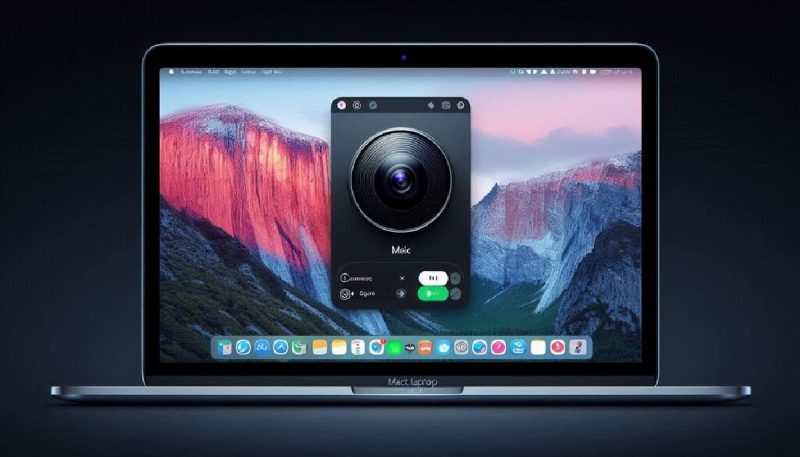Researchers at Microsoft discovered a new macOS vulnerability, “HM Surf” (CVE-2024-44133), which bypasses TCC protections, allowing unauthorized access to sensitive data like the camera and microphone. Patch now to stay protected.
A vulnerability discovered by cybersecurity researchers at Microsoft Threat Intelligence in macOS allows attackers to bypass the operating system’s Transparency, Consent, and Control (TCC) technology, granting unauthorized access to sensitive user data.
Dubbed “HM Surf” by researchers; researchers warned that active exploitation may be taking place. The vulnerability has been assigned CVE-2024-44133.
The HM Surf vulnerability involves removing the TCC protection for the Safari browser directory and modifying a configuration file, enabling attackers to access users’ browsing history, camera, microphone, and location without their consent. The vulnerability is serious as it also allows attackers to gather sensitive information and use it for malicious purposes.
How the Vulnerability Works
The TCC technology prevents apps from accessing users’ personal information without their prior consent and knowledge. However, the HM Surf vulnerability exploits a weakness in the way TCC protects the Safari browser directory. By removing the TCC protection and modifying the configuration file, attackers can gain access to sensitive user data.
Microsoft’s blog post shared with Hackread.com ahead of publishing on October 18, 2024, detected “potential exploitation” activity associated with Adload, a prevalent macOS malware (adware) family.
The company’s behavioural monitoring protections in Microsoft Defender for Endpoint have identified suspicious activity, including anomalous modification of the Preferences file through HM Surf or other methods.
John Bambenek, President at Bambenek Consulting weighed in on the situation, urging users to install patches and save their data, especially their videos.
“In essence, this is a privilege escalation vulnerability that requires executing malicious instructions on the victim machine, which running malware could do and the most obvious risk here is to target home users to try to capture video of a victim in a compromising position for later sextortion use,“ John warned. “Security teams should update, however, it is important to have defences in place that prevent malware getting on the machines in the first place.“
Apple’s Response
Apple has released a fix for the vulnerability as part of security updates for macOS Sequoia, which was released on September 16, 2024. The company has also introduced new APIs for App Group Containers that make System Integrity Policy (SIP) protect configuration files from being modified by an external attacker.
To protect themselves from this vulnerability, macOS users are urged to apply the security updates as soon as possible. Additionally, users should be cautious when granting permissions to apps and ensure that they only allow access to sensitive information when necessary.
Install Patches ASAP!
The identification, reporting, and patching of the HM Surf vulnerability highlight one key point: cross-platform threat intelligence sharing is essential for a secure cybersecurity future. Businesses and users should install the security patches released by Apple in September. For the future, it’s recommended to enable auto-updates on macOS devices so that such threats are automatically addressed with new security updates.
RELATED TOPICS
- Apple Safari Safest, Google Chrome Riskiest Browser
- Apple Issues Device Updates to Patch Critical Vulnerability
- Hackers Could Exploit Microsoft Teams on macOS to Steal Data
- Scylla Ad Fraud on iOS, Android Users Halted by Apple and Google
- Apple Shortcuts Vulnerability Exposes Sensitive Data, Update Now!









